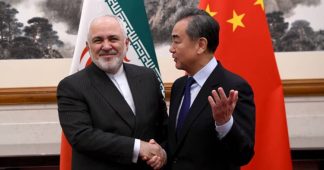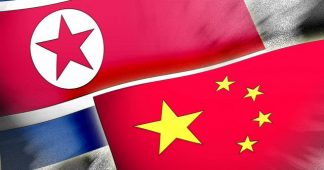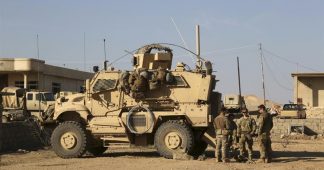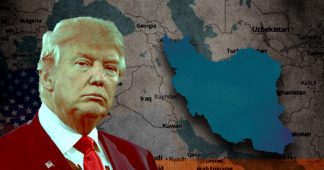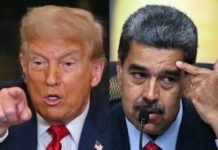Asian nations likely to be affected differently, with economic risks for Beijing and Pyongyang eyeing strategic gains
by Nyshka Chandran
Deepening fractures in the relationship between the United States and Iran pose economic headaches for China but create strategic opportunities for North Korea, experts say – one of many reverberations from the weeklong crisis.
Washington’s assassination of Iranian military commander Qassem Soleimani, a move that triggered Iranian missile attacks on the bases of US forces in Iraq, has raised risks of instability in the Middle East, which is worrisome for China – the biggest buyer of oil from the Gulf region.
Its top sources are Saudi Arabia and Iraq, which has been exporting 100,000 barrels of crude oil a day to China since October as part of an infrastructure deal.
Beijing is also the biggest buyer of Iran’s crude, although imports have fallen since waivers from US sanctions expired last year. In November, the Communist state bought 547,758 metric tonnes (539,106 tons) of crude from Iran, well below April’s 3.04 million tonnes, according to Chinese customs data.
For Pyongyang, the issue is more political. It may see Washington’s assassination of Qassem Soleimani, Iran’s military commander, as a sign that the US is pursuing regime change and resume its nuclear programme to protect itself, strategists said.
In an English-language editorial on Wednesday, the Chinese state-owned tabloid Global Times lashed out against President Donald Trump’s administration, accusing it of using the Iran crisis to hurt China’s economy.
“Its aim is to thwart China’s development by implicating China or even dragging China into military clash,” the paper said.
“The US-Iran conflict fits into this tactic because China has big and growing reliance on energy from Iran and other Mideast [Middle East] countries, which makes it vulnerable to regional strife and turbulence.”
Published at https://www.aljazeera.com/news/2020/01/tense-iranian-relations-china-north-korea-200113043519574.html
